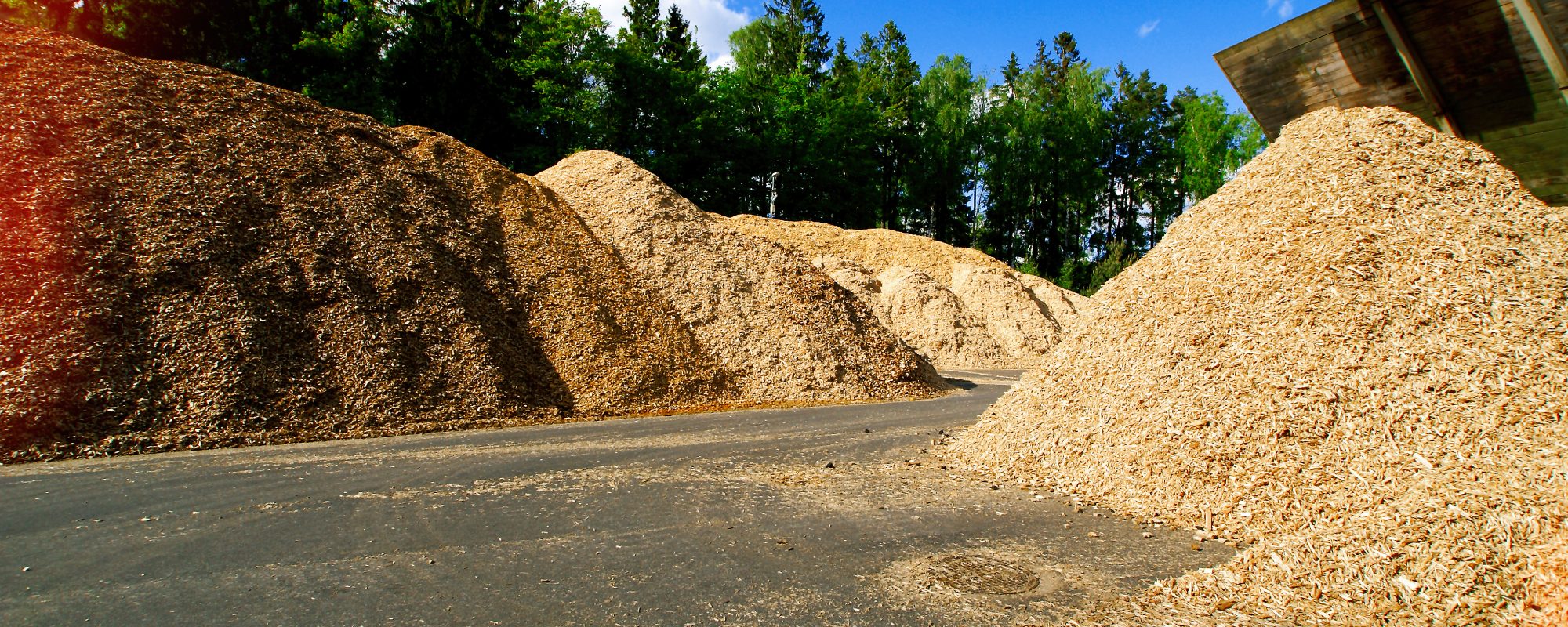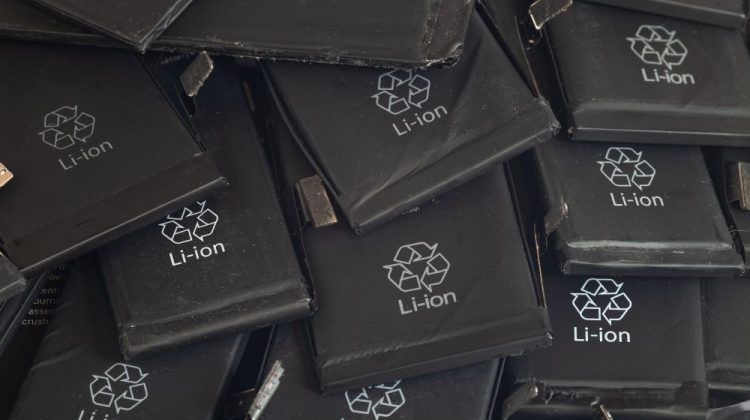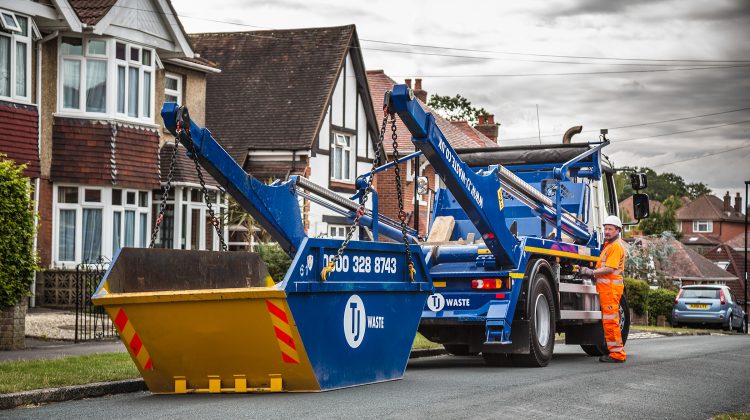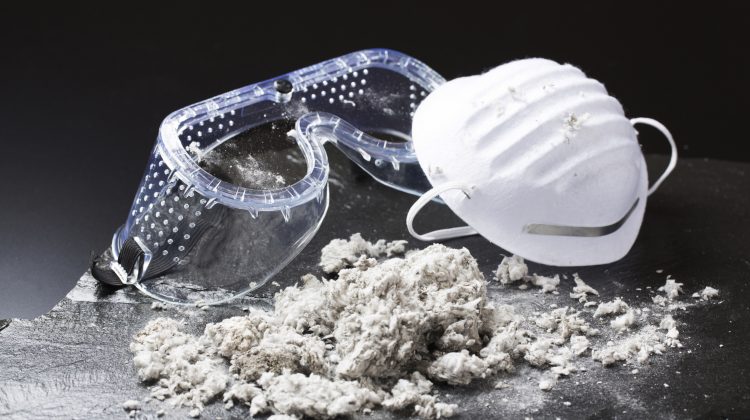Incorrect disposal of lithium-ion batteries can be catastrophic, as the recent fire at our Tipner facility demonstrated. Discover how to safely dispose of these batteries…

TJ Waste’s main priority is diverting waste from landfill. We are committed to doing as much as we can for the environment which is why we strive to recycle up to 100% of the waste that comes through our doors.
Where we are unable to recycle things ourselves, we look to find onward recycling routes for these items, where alternative recycling facilities and processes may be available.
We’re working with partners and investing in research to develop new recycling processes for some materials – such as hard plastics – which are renowned for being difficult to recycle. We have recently partnered with an organisation in Kent that is able to recycle mattresses, which have historically presented challenges, and this will have a hugely positive effect on the environment.
With anything that simply cannot be recycled, our preference is to go down the incineration route. Although not entirely ideal, it does mean that the waste is not going to landfill and that it can potentially be used to generate Energy from Waste.
EfW is the process of generating energy – either electricity or heat – by burning waste via a variety of processes. It can be a form of energy recovery and is sometimes referred to as a circular economy because it encourages a continual use of resources.
EfW facilities carry out the following different processes to generate energy: combustion, gasification, pyrolysis and anaerobic digestion. Combustion is where the heat produced by burning the waste is used to drive a turbine and generate electricity. Paper, plastics and textiles are best suited to this method.
Gasification is the process of producing gas from waste. Everyday rubbish such as packaging, grass clippings, clothing, bottles and furniture etc can be combined with oxygen or steam to feed chemical conversion at a very high temperature. This produces synthesised gas which can be used to make other products such as transport fuel and fertiliser.
Pyrolysis involves exposing organic waste to high temperatures, and the absence of oxygen causes chemical and physical separation to occur, allowing decomposition to take place. Both pure and mixed products are suitable for this.
Anaerobic digestion takes place when organic waste, such as animal or food waste, is sealed in an oxygen-free tank, where it will be broken down to produce biogas and biofertiliser.
Biomass is the burning of all plant and animal material for energy production. TJ directs all their wood waste down the biomass route as it is the best way to dispose of any wood that cannot be reused or salvaged both in terms of a circular economy and for environmental reasons.
Biomass can generate 3 types of energy – heat, electricity and biofuels so it is extremely useful. The heat comes from the burning process and electricity is also generated by burning the waste to then heat water, which produces steam, which spins turbines.
At the beginning of last year, prior to the onset of the COVID-19 pandemic, TJ Waste was making plans to start developing a turnkey waste processing facility that will combine cutting-edge technology with our in-house processes to recover resources from a range of waste types and sources.
The potential incorporation of final treatment technologies such as pyrolysis, anaerobic digestion and biomass will add value for our customers, create further jobs, reduce the need for transporting segregated waste by road and, most importantly, reduce the reliance on conventional energy recovery through waste incineration.
TJ is looking forward to getting back to these developments as soon as the pandemic passes and normal operations can resume fully across the country.
Get in touch if you have any questions about EfW or find out more about the other waste services we could provide you with…
Sources: Energy Saving Trust, OVO Energy, Covanta, Recycling & Waste World

Incorrect disposal of lithium-ion batteries can be catastrophic, as the recent fire at our Tipner facility demonstrated. Discover how to safely dispose of these batteries…

Skip and grab hire are both great options for your domestic or commercial projects. There are advantages to both depending on your project, so read on to discover which option would be best suited to your requirements.

Asbestos is a highly toxic and hazardous waste material that must be removed and disposed of properly by professionally licensed companies. We’re licensed to carry hazardous materials such as asbestos and can provide you with the complete service…
Change your stored postcode to update prices for your location.